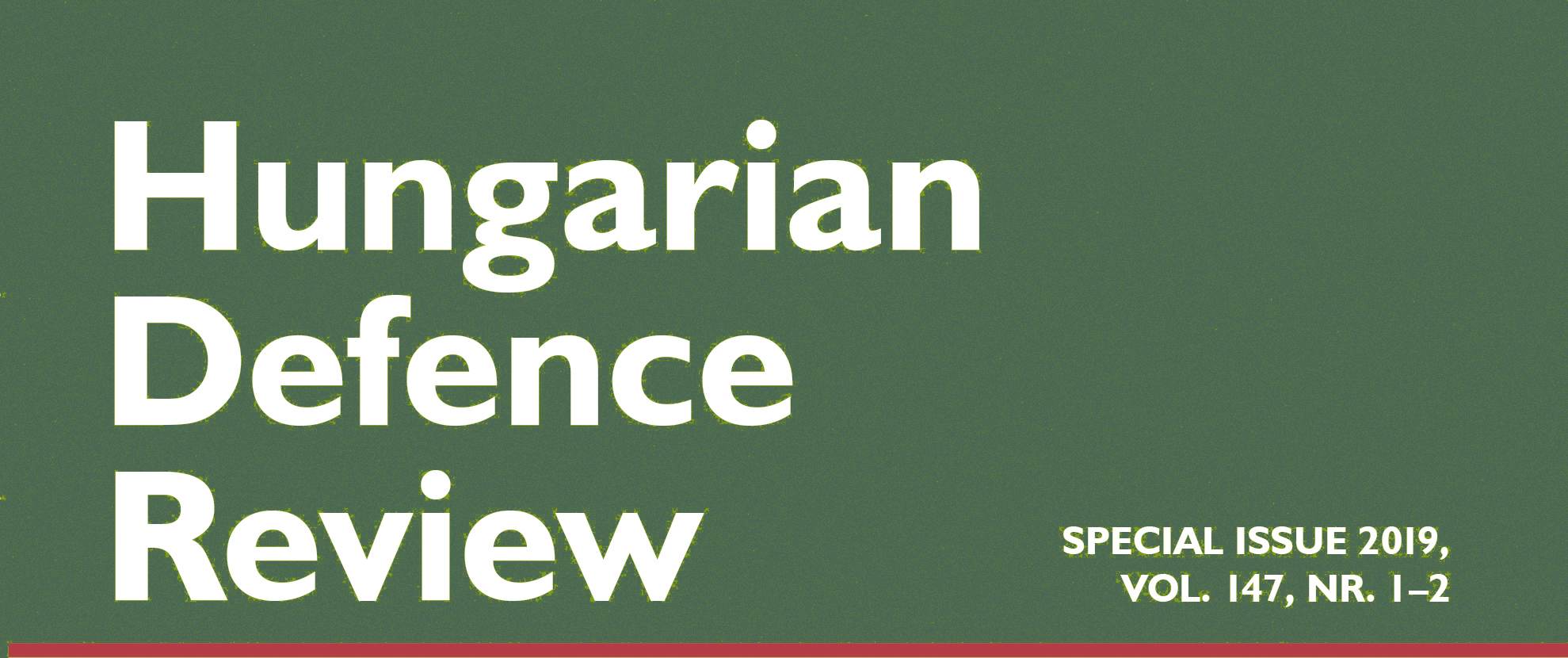Examination of the phases of behaviour change among participants of the Lifestyle Change Programme
DOI:
https://doi.org/10.35926/HDR.2019.1-2.5Kulcsszavak:
behaviour, health, Hungarian Defence Forces Body Composition Programme, lifestyleAbsztrakt
Developing and maintaining a healthy lifestyle is an important and up-to-date topic for the Hungarian Defence Forces, too. A health-conscious lifestyle, which helps achieve the mental and physical well-being of the soldiers of the Hungarian Defence Forces and increases their deployability, may be adopted with the help of intervention programmes focusing on lifestyle change. The Hungarian Defence Forces Body Composition Programme (hereinafter referred to as HDF BCP) was introduced in 2015 in accordance with the above. According to Article 12 of Decree No. 10/2015 (VII.30.) of the Hungarian Ministry of Defence on medical, mental and physical fitness for military service and on the review procedure,1 a soldier who has different parameters than the physical recommendation must be offered a participation in the HDF BCP. Based on the starting body weight and body fat percentage of the soldier, a weight loss schedule is determined which is to be met every three months during a 12-month period. Within the framework of the Programme, this study examined the distribution of participants of the Programme according to the stages of the behavioural change process, on which the transtheoretical model (TTM) was based. According to the results of the literature, the effectiveness of the lifestyle change programs and the possible number of dropouts are greatly influenced by the stage of change in which participants are.


